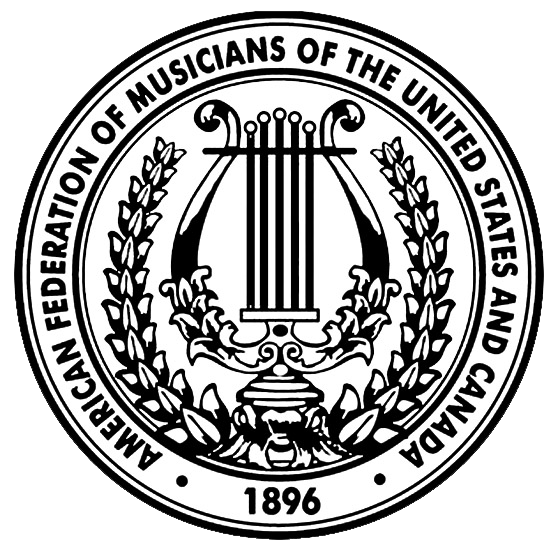Musicians Oppose Relaxed Radio Rules
In a joint filing to the Federal Communication Commission (FCC), the musicFIRST and the Future of Music Coalitions voiced their strong opposition to a proposal supported by the National Association of Broadcasters (NAB) that would loosen radio ownership rules and result in fewer choices, less diversity of content and voices on the air, and less localism for AM/FM listeners across the country.
The comments to the Commission come as the NAB and many of its members are aggressively lobbying the FCC to loosen Local Radio Station Ownership caps as part of the FCC’s 2018 Quadrennial Regulatory Review (MB Docket 18-349). musicFIRST’s filing can be found here.
Under the NAB’s proposal, single broadcast entities would be allowed to own or control up to eight commercial FM stations and have unlimited ownership of AM stations in the top 75 Nielsen Audio markets. The NAB’s proposal would also allow broadcasters to enjoy unlimited ownership in Nielsen markets outside of the top 75 and in unrated markets, essentially ending local radio as we know it in these markets.
In the filing, the musicFIRST and Future of Music Coalitions state “the Local Radio Station Ownership Rule in its current form, including current numerical maximums on the number of AM/FM radio stations that one owner can own in a single market, and also including the current AM/FM subcaps, continue to promote diversity, competition, and localism in AM/FM radio in local communities served.”
The coalitions also focused on the adverse impact that further media consolidation would have on smaller stations and markets, stating that “If the Commission were to further loosen the Local Radio Station Ownership Caps or eliminate the AM/FM subcaps, some smaller clusters of AM/FM radio stations would suffer competitively as other already sizeable local clusters get bigger and wield even more market share than they already enjoy.”
The comments to the Commission, completed on behalf of music creators represented by the members of each of the Coalitions, also focused on the underrepresentation of female and other diversity artists on AM/FM radio and concerns that those biases would be exacerbated by further consolidation of AM/FM ownership.
In the filing, the coalitions state that they “think that it is very important to determine whether gender bias in AM/FM country radio programming, and thus the exclusion of female viewpoints from country radio airwaves, could reasonably be expected to get even worse at local market levels if the Commission were to loosen the Local Radio Station Ownership Caps or eliminate the AM/FM subcaps.”
The coalitions go on to say that they “strongly believe that more studies are needed to identify the extent to which consolidation of radio station ownership at local cluster levels correlates with a lack of representation of people of color (both recording artists and air talent) on AM/FM airwaves. In our experience, consolidation of AM/FM radio station ownership has been particularly harmful to urban radio audiences, recording artists and programmers.”
In response to the filing, the leaders of musicFIRST and Future of Music issued the following statements:
“We oppose any effort by bigger broadcasters to loosen local ownership rules which, if allowed to proceed, would prevent independent stations and smaller, local AM/FM radio station clusters from competing against increasingly large AM/FM ownership groups,” said Trevor Francis of the musicFIRST Coalition. “Increased consolidation will mean fewer choices, less diversity of content and voices on the air, and far less localism for AM/FM listeners. The FCC should stand with local broadcasters and block this attempt by bigger radio ownership groups to get even bigger.”
“Independent AM/FM radio stations already have a difficult time competing in their communities with larger AM/FM clusters who wield comparatively enormous local market share,” said Kevin Erickson of the Future of Music Coalition. “If allowed to proceed, the NAB’s proposal could all but eliminate independent radio stations and smaller radio clusters in small markets all across America. Music creators support local and independent radio, and we plan on making sure that their voices are heard in opposition to this ill-conceived proposal.”
AFM is a founding member of musicFIRST which is a national coalition of the music community representing artists, unions, and record labels that supports paying music creators when their work is played on any platform.
The Future of Music: Future of Music Coalition is a national nonprofit education, research, and advocacy organization supporting a musical ecosystem where diverse artists flourish and are compensated fairly and transparently for their work.
